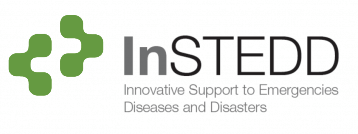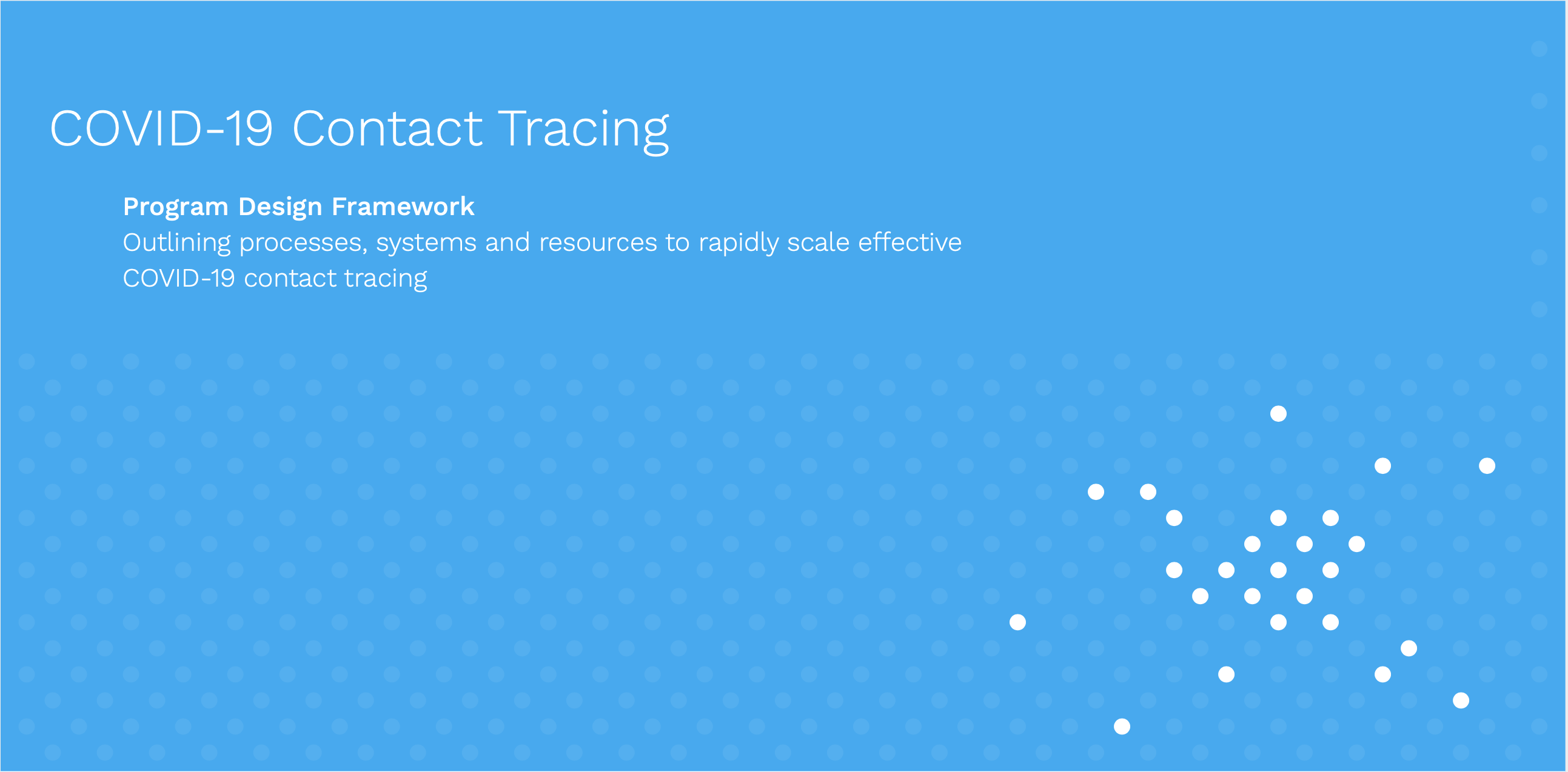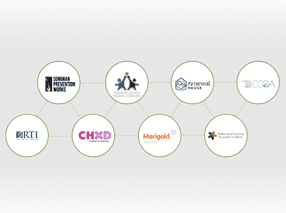When outbreaks like cholera and bird flu happen in Cambodia’s rural areas, the question is how The Ministry of Health’s Communicable Disease Control Department (or known as CDC Cambodia) could detect and respond to the cases as quick as possible. An hour late in prevention, the containment would be a huge challenge as the life-threatening disease spreads fast.
The CDC Cambodia had mainly relied on a manual method to crowdsource health information and data from the public and health centers.
- The surveillance staff had to manage a telephone line, answering all the incoming calls and note down disease reports on paper
- This hotline could accept only one call at a time
- Limited support of cross-network calls
While it’s possible to implement this method, it’s getting difficult as the number of cases continue to increase and there is no easy to organize those submitted voice reports for actions to take.
Enhanced Disease Reporting Hotline: 115 for Cambodians nationwide
To detect disease outbreaks early, CDC Cambodia uses digital tools to collect health data, to monitor disease cases before responding to events that affect public health. To enhance this operation, InSTEDD iLab Southeast Asia, with support from Skoll Global Threat Fund, collaborates with CDC Cambodia to enhance the hotline system, so that it has
- the capability to source more health data from both the public and the health centres.
- view and manage all submitted reports using a mobile app
- keep track of actions after reviewing submitted cases
- The health reports from citizens can be marked for verification, follow-up, and analysis
In addition to crowdsourcing health information from both the health centres and citizens throughout the country, the hotline will also be used to send voice alerts to at-risk population in case of outbreaks as well.
By working closely with the Ministry of Post and Telecommunications (MPTC), the 115 hotline will serve up to more multiple concurrent calls, so that report calls will be properly submitted.
On why enhanced hotline, a core part of the participatory surveillance system, helps improve its investigation and prevention measure, CDC Cambodia’s Director, Dr. Ly Sovann, said in a recent interview that: “Recently, there have been Avian Influenza cases. Even for a single case, we have to act immediately to prevent both poultry and human casualties. If the virus has time to keep spreading, it will mutate, and will pass from human to human, which will affect not just our country, but the world.”
Dr. Sovann added that: “Simply stated, the early detection technology tools have helped us tremendously. With InSTEDD’s support, our communication and response system are getting faster, much faster than ever before.”





